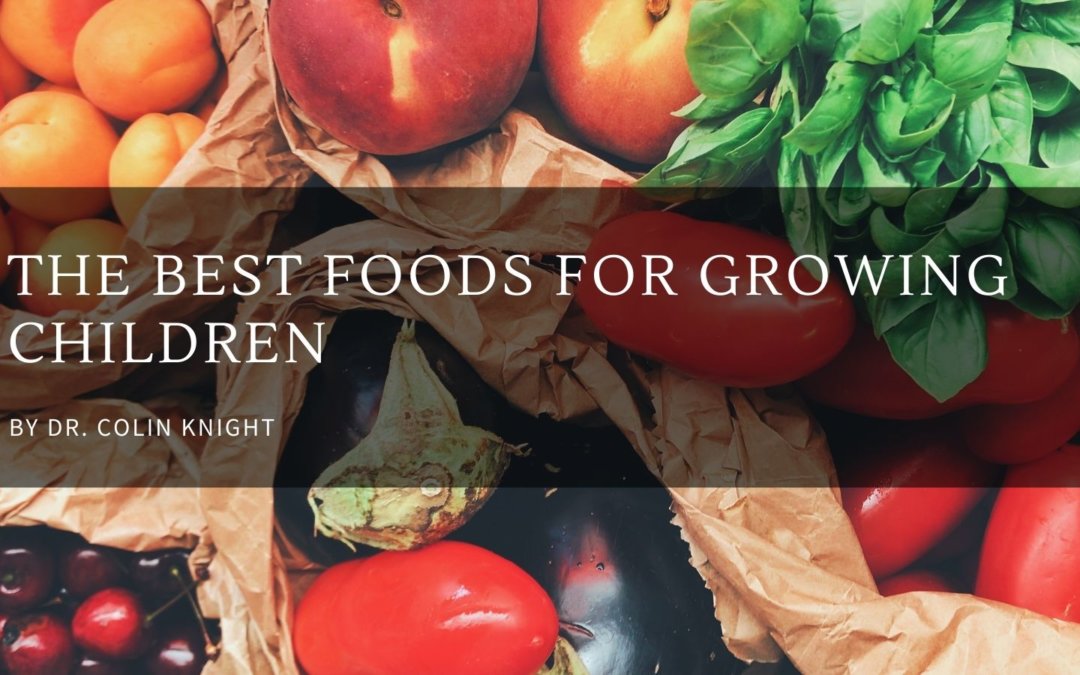For proper growth, learning, and development, children need the right foods for fuel. Their food needs the right nutrients and little sugars, with an appropriate amount of calories and fats. Serving nutrient-rich meals and snacks helps provide children with the essentials for a strong and healthy life. Here are some suggestions to help make choosing these healthy foods easier.
Whole-Grain Foods
Whole grains that have carbohydrates, B-vitamins, and fiber provide a lot of fuel for children’s bodies which are growing and active. With so many grain products available, it’s hard to know which ones pack the best nutritional value. Check labels to make sure the grains are listed as the first ingredients. When choosing breakfast cereals, check the sugar content and choose whole-grain cereals that are lower in sugar. To add variety to dinners, try whole grains like quinoa and brown rice.
Fruits and Vegetables
Fruit and vegetables pack many important nutrients, including vitamin A, vitamin C, potassium, and fiber. Whether they are fresh or frozen, adding fruits and vegetables to each meal throughout the day is good for a child’s health. Berries can be added to cereal or smoothies, crunchy carrots and apples are excellent additions to lunch and snacks, and colorful vegetables like bell peppers, broccoli, and corn are important sides to have at dinner.
Low-Fat Dairy Foods
Dairy foods contain nutrients like calcium, protein, magnesium, potassium, and phosphorus. Most children in America are not getting enough potassium or calcium, and these nutrients are important for them. There are many options for getting in three servings of low-fat dairy products each day. A glass of milk, fat-free or low-fat yogurt, and string cheese are quick and easy ways to consume dairy. You can also find these nutrients in non-dairy sources like tofu, soy milk, and soy yogurt. Children under the age of 2 should drink full-fat milk, not whole.
Meat, Poultry, Eggs, Fish, Beans, and Nuts
For the right amount of protein, iron, zinc, and vitamin B, lean meats, eggs, legumes, and nuts should be included in a child’s diet. These nutrients help with growing and active muscles and brains. Consuming enough protein also helps children feel satisfied or full after eating. Most people serve meat with lunch and dinner, but at breakfast, it’s easy to overlook. Serving eggs, bean burritos, peanut butter, and hummus with breakfast and for snacks is a great way to bulk up a child’s protein consumption.

